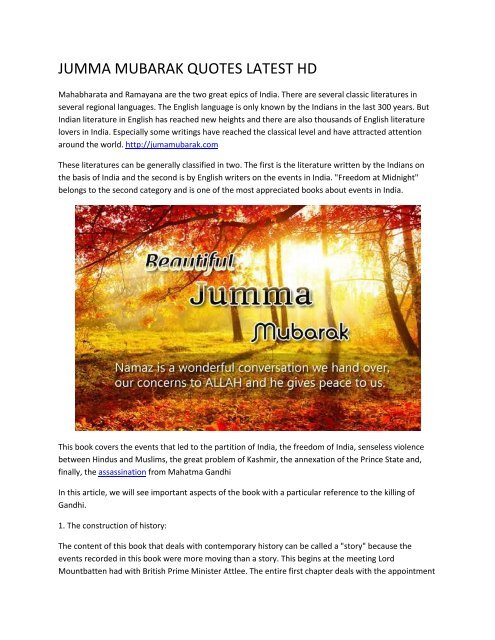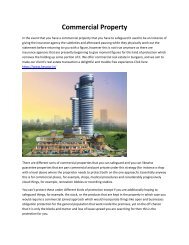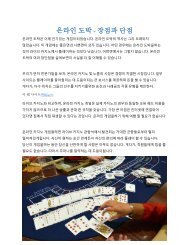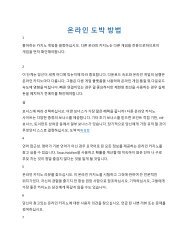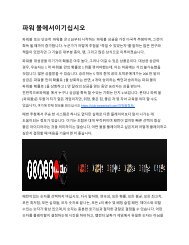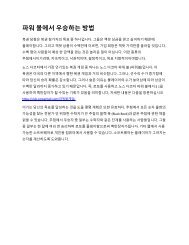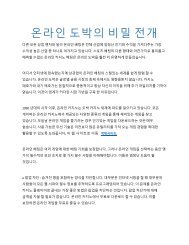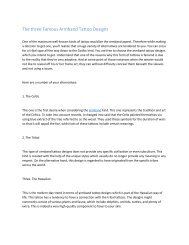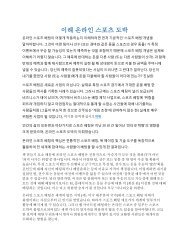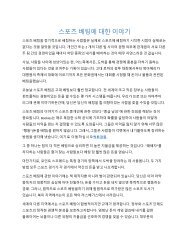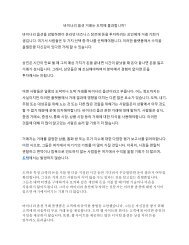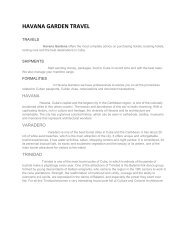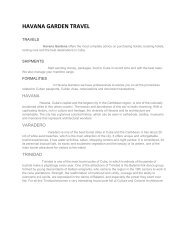JUMMA MUBARAK QUOTES LATEST HD
You also want an ePaper? Increase the reach of your titles
YUMPU automatically turns print PDFs into web optimized ePapers that Google loves.
<strong>JUMMA</strong> <strong>MUBARAK</strong> <strong>QUOTES</strong> <strong>LATEST</strong> <strong>HD</strong><br />
Mahabharata and Ramayana are the two great epics of India. There are several classic literatures in<br />
several regional languages. The English language is only known by the Indians in the last 300 years. But<br />
Indian literature in English has reached new heights and there are also thousands of English literature<br />
lovers in India. Especially some writings have reached the classical level and have attracted attention<br />
around the world. http://jumamubarak.com<br />
These literatures can be generally classified in two. The first is the literature written by the Indians on<br />
the basis of India and the second is by English writers on the events in India. "Freedom at Midnight"<br />
belongs to the second category and is one of the most appreciated books about events in India.<br />
This book covers the events that led to the partition of India, the freedom of India, senseless violence<br />
between Hindus and Muslims, the great problem of Kashmir, the annexation of the Prince State and,<br />
finally, the assassination from Mahatma Gandhi<br />
In this article, we will see important aspects of the book with a particular reference to the killing of<br />
Gandhi.<br />
1. The construction of history:<br />
The content of this book that deals with contemporary history can be called a "story" because the<br />
events recorded in this book were more moving than a story. This begins at the meeting Lord<br />
Mountbatten had with British Prime Minister Attlee. The entire first chapter deals with the appointment
of Lord Mountbatten as the last viceroy of India with the mission of giving freedom to India. The main<br />
issue that was addressed was how to give freedom to India and, more importantly, the safe passage of<br />
the British to India, who were accustomed to luxurious lives.<br />
2. Enter Mahatma Gandhi:<br />
Mahatma enters the narrative through a description of Noakhali's famous tour in which he made a failed<br />
attempt to stop Hindu-Muslim violence. He was humiliated by the mediocre rulers of both religions. The<br />
authors did a thorough study of the newspapers of the day and gave a true account of the events.<br />
The process of giving freedom begins when Lord Mountbatten takes charge as viceroy. He had several<br />
rounds of talks with Patel, Jinnah, Nehru and Gandhi that were important in India's freedom in<br />
ascending order. Gandhi and Jinnah have a special place in this final solution, Gandhi being the father of<br />
the nation in India and Jinnah, as the creator of Pakistan.<br />
3. The misery of the score:<br />
The authors describe the actual score as "the most complex divorce in history". Not only was the land<br />
divided, but also the properties were divided as in the case of the family partition.<br />
The cost of the partition was paid by the citizens of the border states, Punjab in the north, West Bengal<br />
in the east, while in other countries were also bloodshed.
The violence is described in detail in the chapter "Our people have gone crazy". The meaningless<br />
violence brings tears to the eyes of any leader.<br />
The author says that "if a person is killed in violence, he is shown a" thank you "because acid attacks,<br />
rape, disfigurement and torture were commonplace. The kidnapping of minor children, rape and murder<br />
was They were identified by several religious marks on their bodies and were tortured without mercy.<br />
A billionaire Lahore will become a beggar in one day and have to travel long distances without food or<br />
water to reach Delhi, while an industry in Punjab has had to walk in the opposite direction and reach<br />
Karachi on everything to lose footing. There were several trains that arrived in India full of corpses.<br />
However, the authors claim that, at least for the Muslims who were displaced in Pakistan, a future was<br />
waiting because it was a country of the new birth, while for Hindus, who arrived in Delhi, there was had<br />
no future. They were not accepted by their relatives, rejected by their old friends and literally orphans in<br />
the streets of Delhi and Calcutta. They must reach a country that is only waiting for the work of the<br />
subjects and nothing to offer the refugees. There were murders and bloodshed everywhere and in this<br />
atmosphere India was liberated at midnight,


